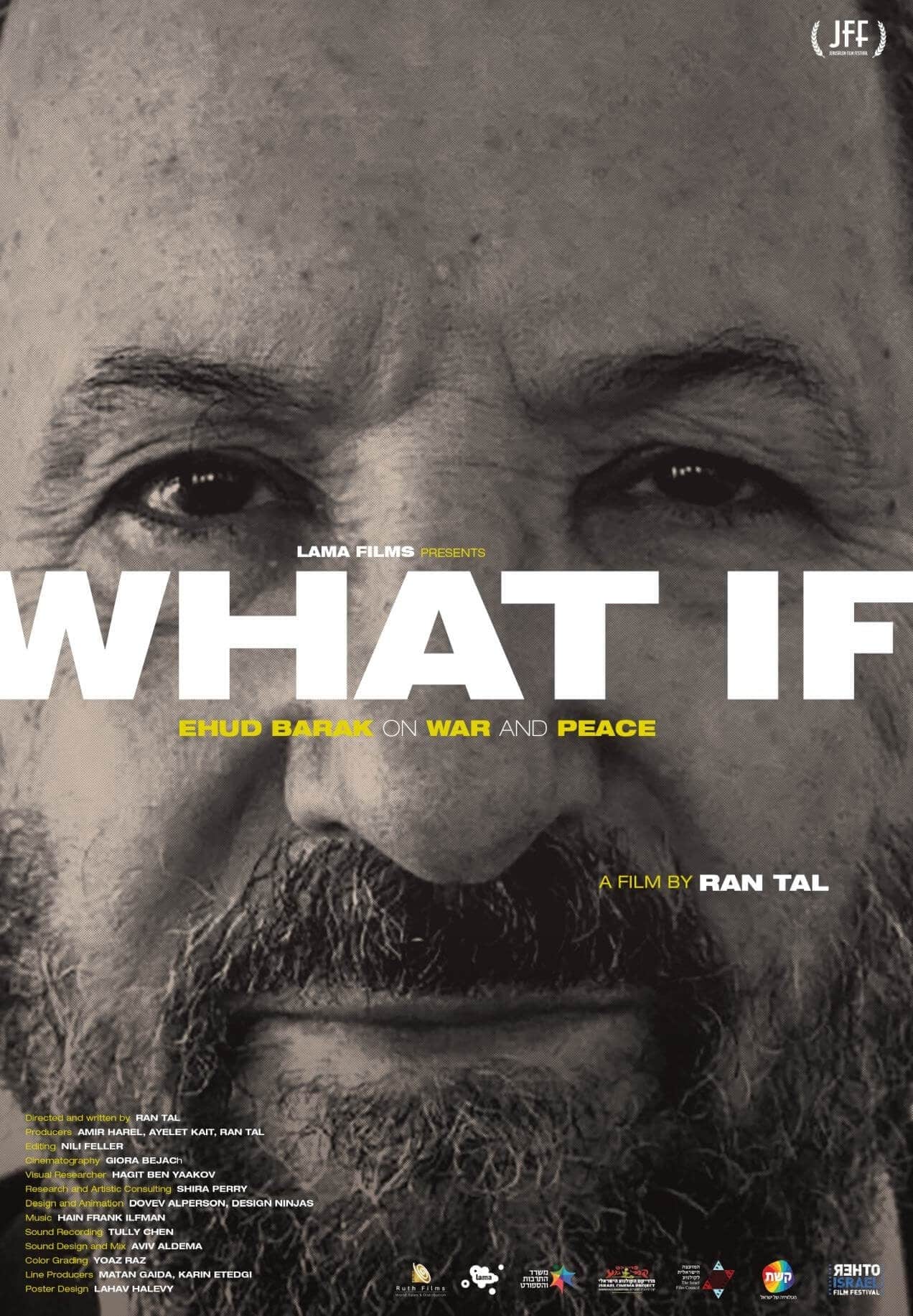




Dir.: Ran Tal; Documentary with Elud Barak; Israel 2020, 85 min.
In his immersive new documentary Israeli director/writer Ran Tal (The Museum), interviews former Prime Minister Ehud Barak. The upshot? That war has dominated Israel’s history – from before its foundation of to the ongoing stalemate.
Since the State of Israel came into being, the Premier also served as Defence Minister. This changed in 1967, after the war when battlefield hero General Moshe Dayan became Minister of Defence. Since then, five Prime Ministers have been high ranking military men: Yitzak Rabin, Ygal Allon, Ehud Barak, Ariel Sharon and Benjamin Netanyahu. Some people may include Menachem Begin, who was a leading proponent of the Zionist Underground, responsible for the death of over 80 British soldiers in the bombing of the Hotel King David in 1946. Barak was only PM for two years at the turn of the 20th century when he met Palestinian leader Yasser Arafat at the failed Camp David meeting in 2000, where President Clinton tried in vain to broker an agreement between the two leaders. It turned out to be the last time a peace agreement seemed possible.
Ehud Barak (*1942) grew up in Mishmar Ha Sharon, a small Kibbutz. He remembers nights round the camp fire when the young members of the modest Kibbutz – a family room was a just 11 square meters, and there was no loo – they sang patriotic songs that told how “it was worthwhile to die for one’s country”. 300 meters down the road was the Arab village, the inhabitants “looking like our biblical forefather”. There was no tension between the two communities, but one day, the Arabs disappeared. The Kibbutz suddenly grew, taking, over the land which had belonged to the Arabs. When Barak became Chief of Staff of the Israeli Army he once asked the Chief of Military Intelligence if they should assassinate Yasser Arafat. The answer was negative, since Arafat was deemed to be a political leader.
A few years later, the situation had changed. Barak saw active service in the 1967 war, which, so he believes, was won, “because we attacked first”. In the Yom Kippur War of 1973 (Barak flew in from California, where he was studying), the roles were reversed: Barak was part of heavy fighting in the Sinai peninsula.
After the murder of Israeli athletes at the Munich Olympics in 1972, Barak became leader of an Elite Corps, called the ‘Wrath of God’ who targeted terrorist all over Europe, killing, among others, Abbas al-Musawi, the Secretary General of the Hezbollah which he had co-founded. Asked about the civilian victims of these killings, Barak is clear: “When you operate, not to kill civilians, you won’t do anything.” Referring to the assassination of Sadam Hussain, he claims history could have been entirely different: “Over a hundred thousand lives lost in the Iraq war, might have been saved”.
Strangely enough, the Rabin assassination “is not comparable with the aforementioned terror acts”. Sometimes Barak sounds reasonable: defending the reason to withdraw Israeli troops from Lebanon, or offering to divide Jerusalem in four sections, an offer Arafat refused at Camp David. But then he slips back into the warrior position: “We can not offer the Palestinians an enlightened occupation, that would be an oxymoron”. In 2001 Elud Barak lost the General Election to Ariel Sharon – an ex-general, responsible for the massacre at Sabre and Shatila.
No doubt Palestinian leaders are thinking on the same lines as the Israeli commanders – but how can you sit down and negotiate a peace treaty with somebody you would have assassinated, had you had the chance. This is the real oxymoron. Ran Tal’s feature is sad proof the military conflict between Israel and the Palestinians will go on for a long time: the language of war speaks loudest. AS
SCREEEING DURING THE MOSCOW FILM FESTIVAL 2021